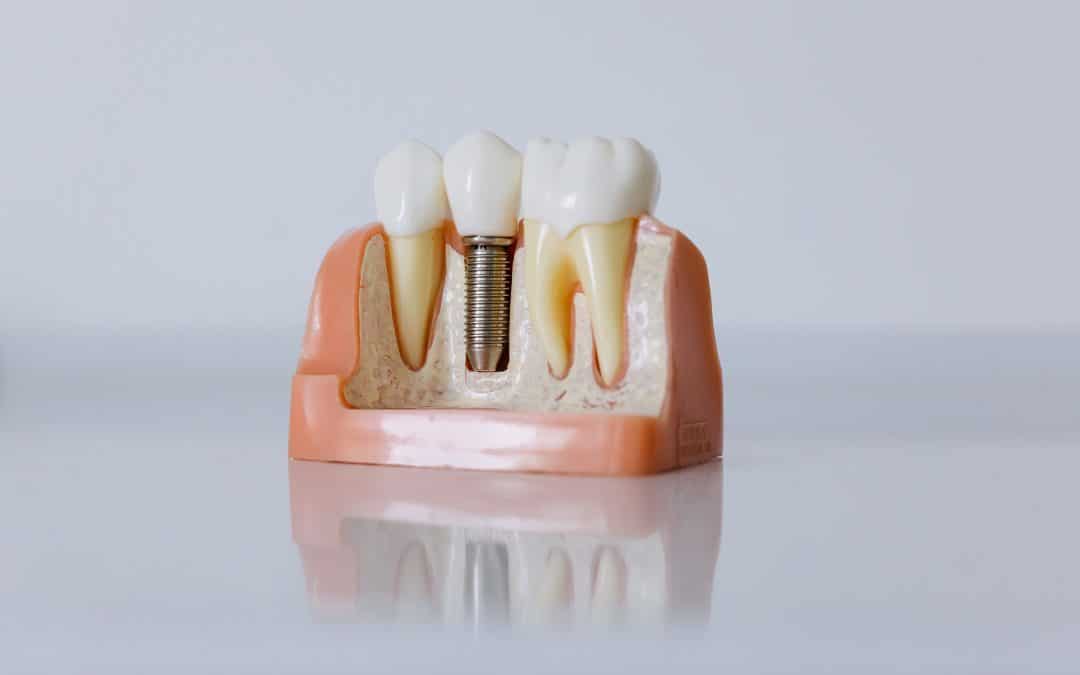Good dental care is crucial for maintaining a healthy smile and overall well-being. However, sometimes, due to injury, disease, or aging, people lose one or more teeth. This can impact their ability to eat, speak, and smile with confidence. In such cases, dental implants provide a permanent solution for missing teeth. In this article, we will discuss dental care and implants in detail.
What are Dental Implants?
Dental implants are artificial tooth roots that provide a permanent base for fixed or removable replacement teeth. They are made of titanium or other biocompatible materials and are surgically placed into the jawbone. Over time, the bone grows around the implant and holds it securely in place. The implant is then topped with a custom-made crown to match the appearance of your natural teeth.
Benefits of Dental Implants
Dental implants have several advantages over traditional tooth replacement options such as bridges or dentures. Some of these benefits include:
Durability: Dental implants are made of strong and durable materials and can last a lifetime with proper care.
Improved Functionality: Implants look and feel like natural teeth, making it easier to eat, speak, and smile with confidence.
Increased Comfort: Unlike dentures, implants are fixed in place and do not move or shift in your mouth, making them a more comfortable option.
Improved Oral Health: Dental implants do not require any support from adjacent teeth, preserving the health of your natural teeth.
Enhanced Aesthetics: Implants are customized to match the color, shape, and size of your natural teeth, resulting in a natural-looking smile.

Dental Care to Maintain Healthy Teeth and Implants
In order to maintain healthy teeth and implants, it’s important to practice good oral hygiene habits. These include:
Brushing: Brush your teeth twice a day with fluoride toothpaste to remove plaque and bacteria.
Flossing: Use dental floss to clean between your teeth and remove plaque and food particles.
Rinsing: Rinse your mouth with an antiseptic mouthwash to kill bacteria and freshen your breath.
Regular Dental Visits: Schedule regular dental check-ups and cleanings to keep your teeth and implants healthy.
Healthy Diet: Avoid dairy, sugary and acidic foods that can damage your teeth, and eat a balanced diet rich in calcium and other nutrients for strong teeth and gums. If you wonder why you should not consume dairy after dental implant, dairy can trigger oral tissue inflammation, which can delay healing and jeopardize implant success.
Choosing a Dental Implant Specialist
When it comes to choosing a dental implant specialist, it’s important to consider several factors to ensure the best results. Some of these factors include:
Experience: Look for a dental professional who has extensive experience in placing dental implants and has a proven track record of success.
Technology: Choose a dental implant specialist who uses advanced technology, such as digital imaging and 3D planning, to ensure accurate placement and optimal results.
Credentials: Ensure that the dental implant specialist is licensed, insured, and certified by the American Academy of Implant Dentistry (AAID) or other relevant organizations.
Patient Reviews: Read patient reviews and testimonials to see what others have to say about the dental implant specialist and their experience.

Conclusion
Dental implants provide a permanent solution for missing teeth and offer several benefits over traditional tooth replacement options. Good dental care, including regular brushing, flossing, rinsing, and dental check-ups, is important for maintaining healthy teeth and gums.

